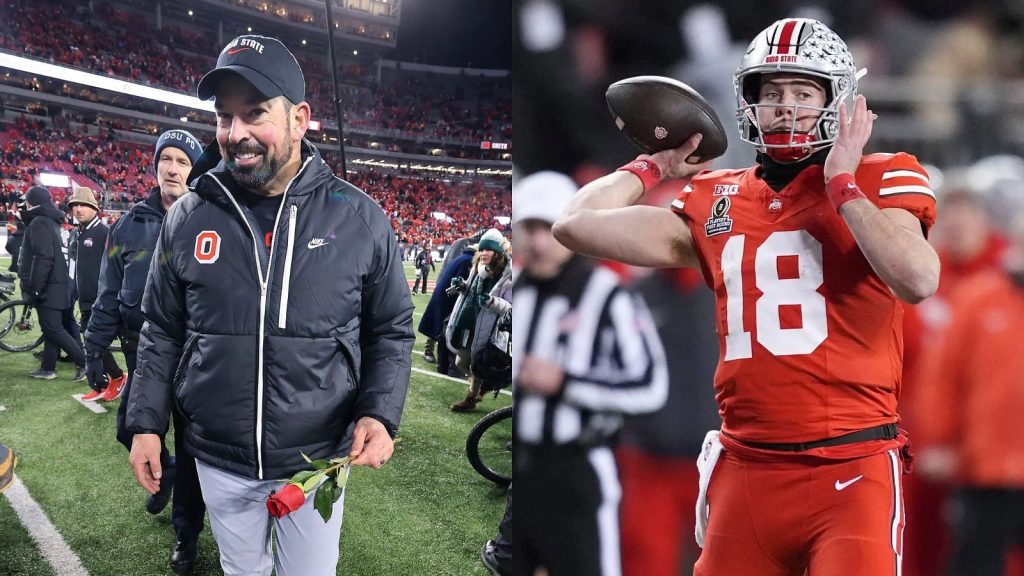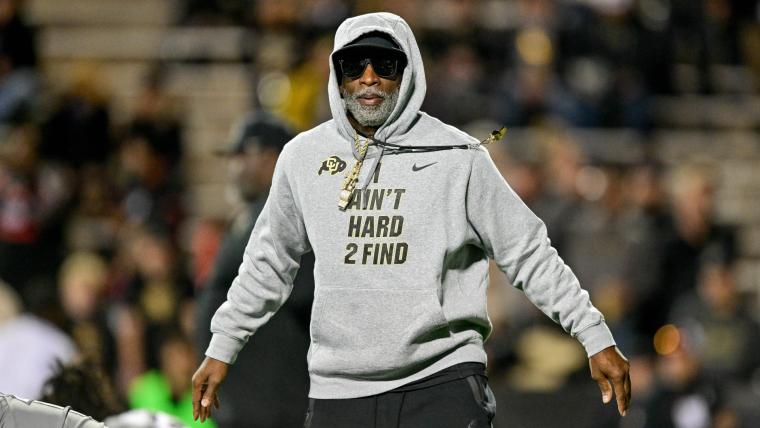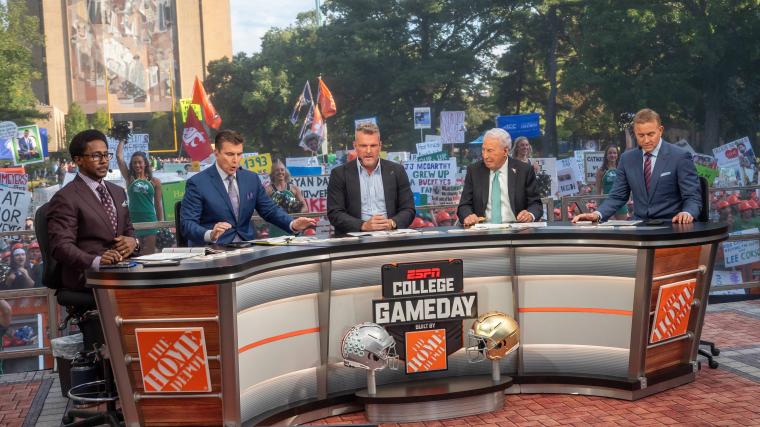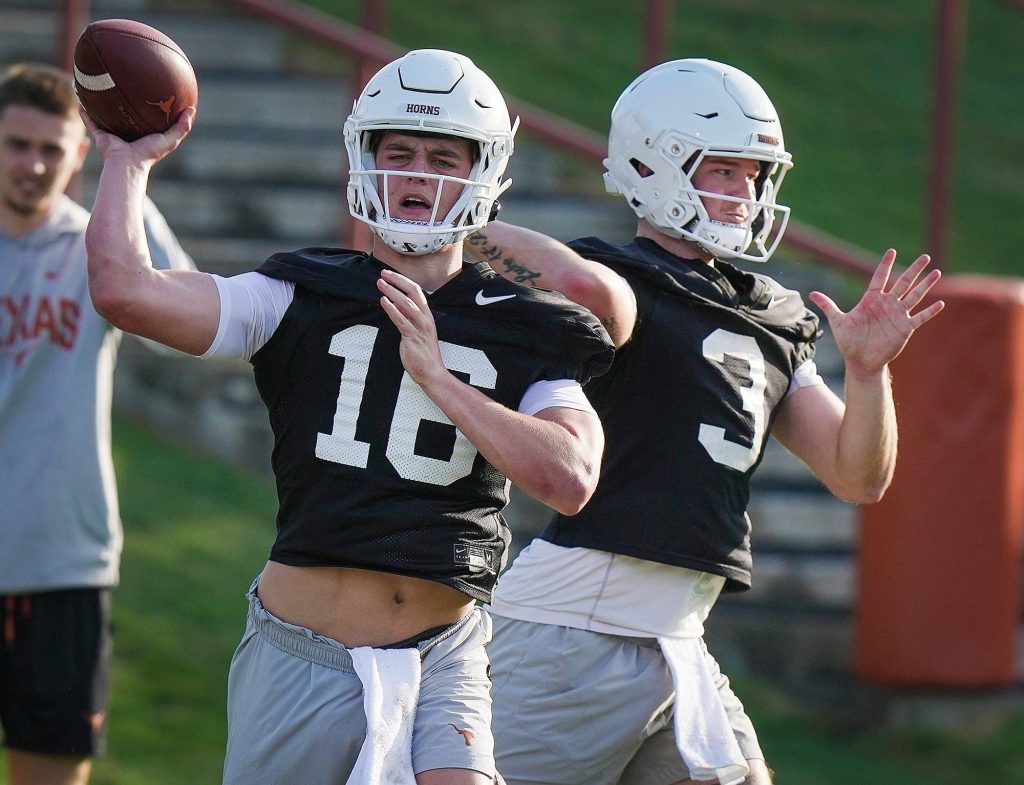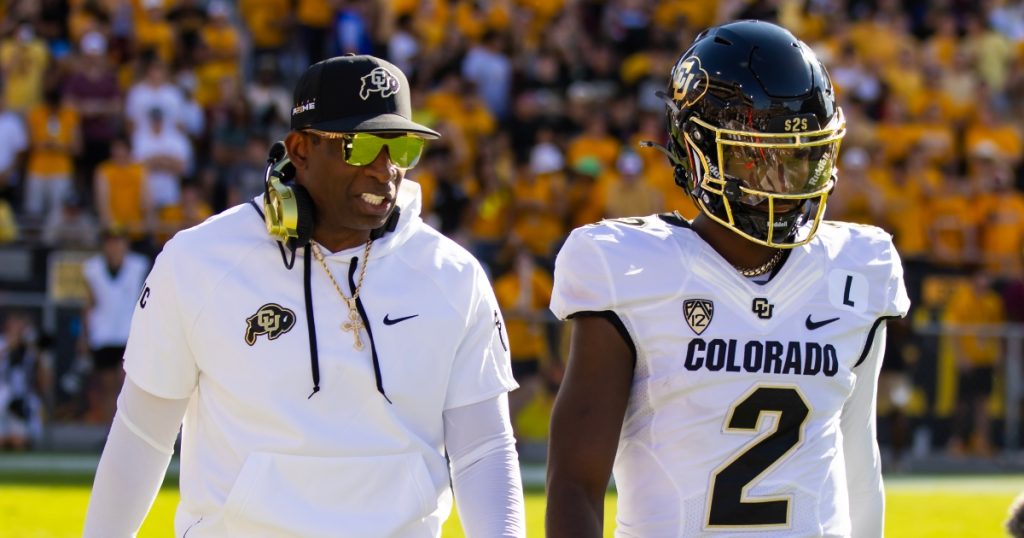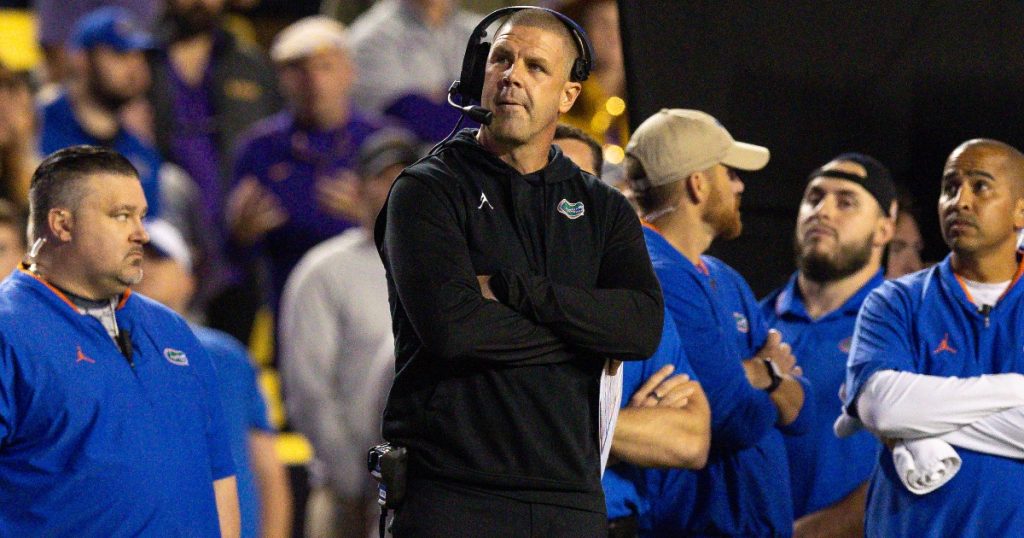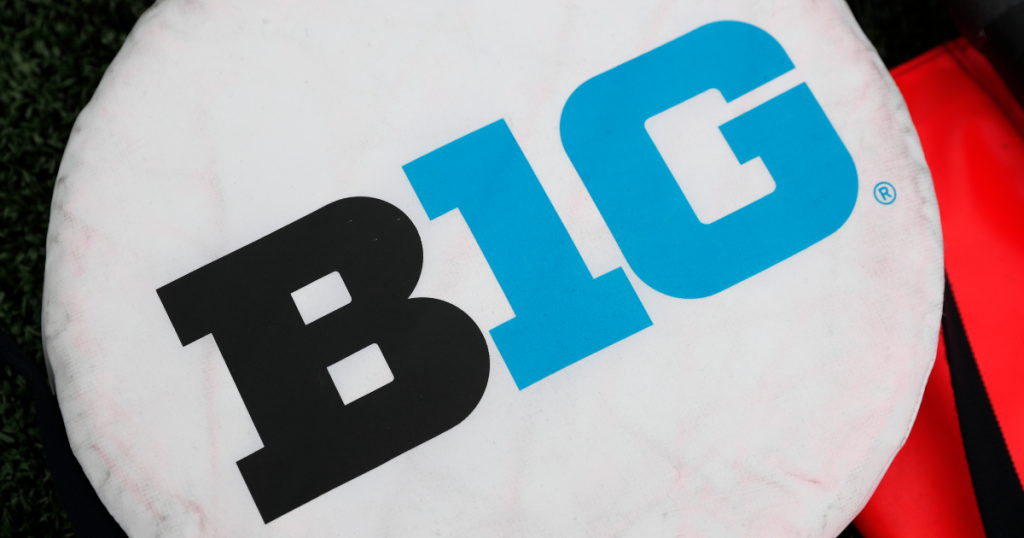While the Alabama Crimson Tide is fighting to turn its season around at the ReliaQuest Bowl, Nick Saban’s daughter, Kristen Saban, is taking a moment to reflect on her own year through a heartfelt Instagram post. This juxtaposition of personal and professional highlights underscores the intertwined lives of college football’s biggest figures and their families.
Kristen Saban’s Year in Review
The Instagram reel shared by Kristen showcases a variety of memorable moments from her year. It features her attending her father’s prestigious Icon Award gala at the ESPYS, as well as enjoying some thrilling Crimson Tide games at Bryant Denny Stadium alongside her children. These glimpses into her life reveal not only the personal side of the Saban family but also the deep-rooted connection they have with the Alabama football program.
Beyond the football field, the reel also highlights some non-sporting adventures, including what appeared to be trips to sun-soaked beach destinations. This blend of family, football, and leisure paints a picture of a well-rounded life that balances the pressures of being part of a football dynasty with the joys of family time.
Alabama’s Challenge at the ReliaQuest Bowl
As Kristen shares her memories, the Alabama Crimson Tide is currently facing a tough challenge in the ReliaQuest Bowl. This game serves as a rematch of last year’s College Football Playoff semifinal against Michigan. Unfortunately for the Tide, they find themselves trailing 16-0 at the start of the second quarter, raising questions about the team’s ability to salvage its season. Fans are left wondering if they can rally back and reclaim their dominance in college football.
The Future of College Football: A New Era?
Amidst the excitement of bowl games and family reflections, discussions about the future of college football are gaining momentum. With the sport evolving rapidly, particularly with the recent wave of conference realignment, many are speculating about the potential for college football to break away from the NCAA. This idea has been floated before, but the current landscape makes it more relevant than ever.
Penn State’s head coach, James Franklin, recently weighed in on this topic, suggesting that if college football were to pursue a new direction, Nick Saban would be the ideal candidate to lead the charge. In a press conference, Franklin stated, “I think one of the most important things we can do is, let’s get a commissioner of college football that is waking up every single morning and going to bed every single night making decisions that’s in the best interest of college football.” His endorsement of Saban highlights the respect and admiration that the Alabama coach commands within the sport.
Why Nick Saban?
Franklin elaborated on his thoughts, saying, “I think Nick Saban would be the obvious choice if we made that decision. Now, Nick will probably call me tonight and say, ‘Don’t do this,’ but I think he’s the obvious choice, right?” This sentiment reflects a growing consensus among coaches and analysts that Saban’s experience, success, and understanding of the game make him a natural fit for a leadership role in a restructured college football landscape.
The conversation around a potential breakaway from the NCAA has gained traction, especially following the recent realignment that has seen many prominent programs gravitate toward the SEC and Big Ten. With these two conferences becoming increasingly powerful, the idea of forming a new governing body for college football is becoming more plausible. Could this lead to a more professionalized structure similar to the NFL? The possibilities are intriguing.
The Impact of Realignment
The recent college football realignment has left fans and analysts alike pondering the future. As nearly every significant program finds itself either in the SEC or the Big Ten, the notion of these schools breaking away to form their own governing body is becoming a hot topic. The potential for a more business-like approach to college football raises questions about the sport’s identity and its commitment to student-athletes.
How this transition might unfold remains uncertain, but one thing is clear: Nick Saban’s leadership could play a pivotal role in shaping the future of college football. His ability to navigate the complexities of the sport, combined with his extensive experience, positions him as a frontrunner for any potential leadership role that may arise.
As Alabama continues its battle in the ReliaQuest Bowl and Kristen Saban reflects on her year, the broader implications for college football are becoming increasingly apparent. The intersection of personal stories and the evolving landscape of the sport serves as a reminder of the passion and dedication that fuels college football. As fans, players, and coaches alike look to the future, the excitement surrounding the game remains as vibrant as ever.


















